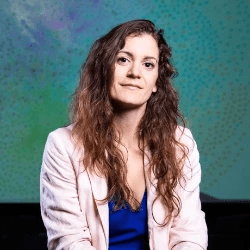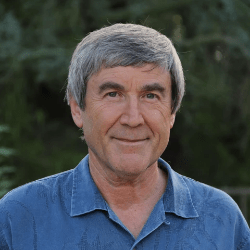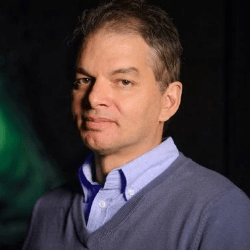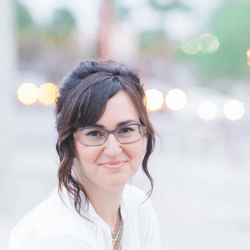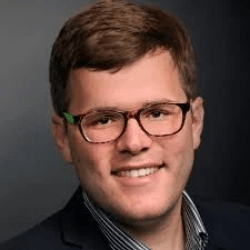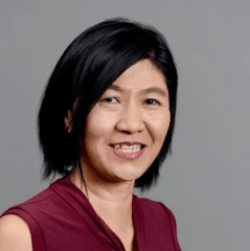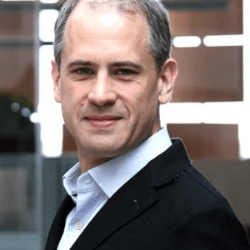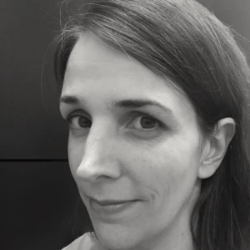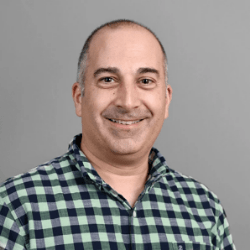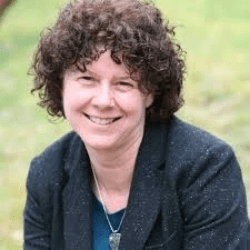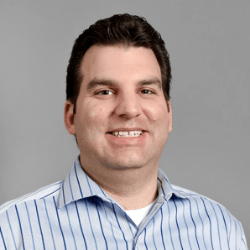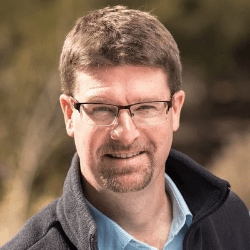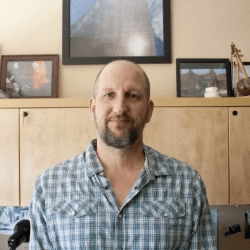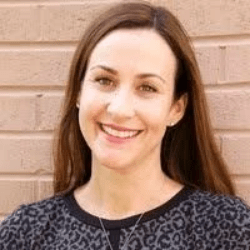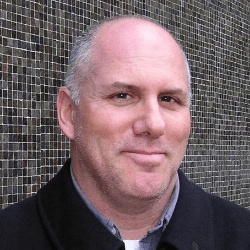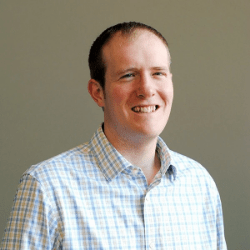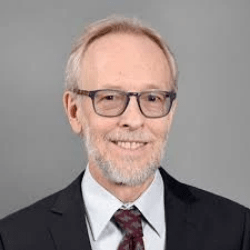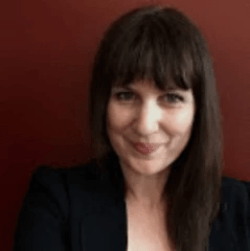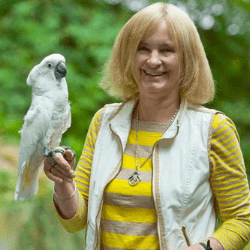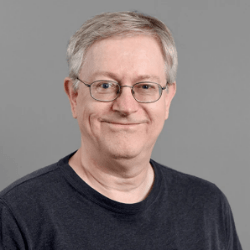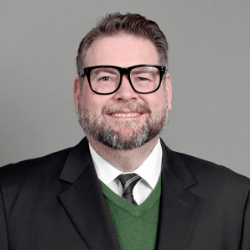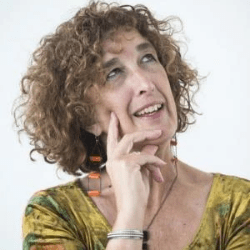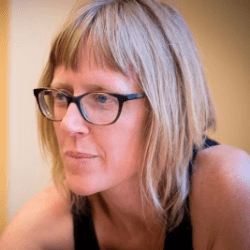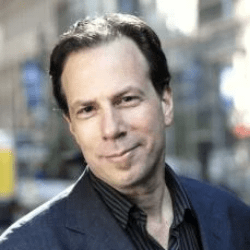

How do we tell what is real and what is not?
ASU Cooperation & Conflict Symposium 2019
Telling fact from fiction in the age of information
A symposium taking place May 2, 2019
ASU Tempe Campus, Psychology LibraryHow do we tell what is real and what is not? In ASU’s 2nd Cooperation and Conflict Symposium, researchers from across ASU and around the world will come together to address the question of how we tell fact from fiction, and how the availability of huge amounts of information can both help and hinder our capacity to determine what is real. Distinguishing true information from deceptive information has been a problem since the origins of life, through the evolution of nervous systems and now in the age of social media and rapid information transfer through digital technology. The Cooperation and Conflict Symposium is part of the ASU Interdisciplinary Cooperation Initiative.
To view the video recorded talks from the symposium, please click here.
Speakers
Over the course of the day, each speaker will present a solution to the problem of telling fact from fiction in the age of information. Speakers in this symposium will address this issue from an intensely interdisciplinary perspective, drawing from information theory in physics, to signaling theory in evolutionary biology, to communication science and fake news.

Sara Walker
ASU School of Earth and Space Exploration
Information is life

Paul Davies
ASU Beyond Center
Is the universe a fake?

Chris Adami
Michigan State University, Microbiology & Molecular Genetics / Physics & Astronomy
Information can’t be false

Athena Aktipis
ASU Department of Psychology
Hide and go cheat

Roger White
ASU W. P. Carey School of Business
Accounting for cheating

Virginia Kwan
ASU Department of Psychology
What parts of the whole are fact and which are fiction?

Carlo Maley
ASU School of Life Sciences, Biodesign Institute
Do cancer cells lie to the body?

Jessica Brinkworth
University of Illinois at Urbana-Champaign, Anthropology
The lies are coming from inside the cell: how pathogens manipulate the organelles that should destroy them

Mike Angilletta
ASU School of Life Sciences
Everybody lies

Jennifer Fewell
ASU School of Life Sciences
Fake news in ant colonies

Ted Pavlic
ASU School of Computing, Informatics, and Decision Systems Engineering
Can ants help us design decentralized systems for finding the truth?

Joe Alcock
University of New Mexico, Emergency Medicine
The truth about your health: Improving medical decisions by facing the evolutionary reality

Greg Bryant
UCLA, Department of Communication
The slippery concept of real in laughter and music performances

Kristy Roschke
ASU Journalism & Mass Communication
Making media informative again

Gregg Zachary
ASU School for the Future of Innovation in Society
From Useful Fictions to Socially-Constructed Facts: truth claims in time of uncertainty

Ed Finn
ASU Center for Science and the Imagination
You can’t handle the truth
Discussants
Discussants will provide comments throughout the day and be part of a moderated panel at the conclusion of the symposium.

Jon Harrison
ASU School of Life Sciences

Stephanie Birdsall
ASU Lincoln Center for Applied Ethics

Polly Wiessner
ASU School of Human Evolution and Social Change

Bernard Kobes
ASU Department of Philosophy

Jason Robert
ASU Lincoln Center for Applied Ethics

Pamela Winfrey
ASU Biodesign Institute and Department of Psychology

Sarah Viren
ASU Language & Cultures

Steven Beschloss
ASU Senior Director for Narrative Development
AktipisLab © 2022

